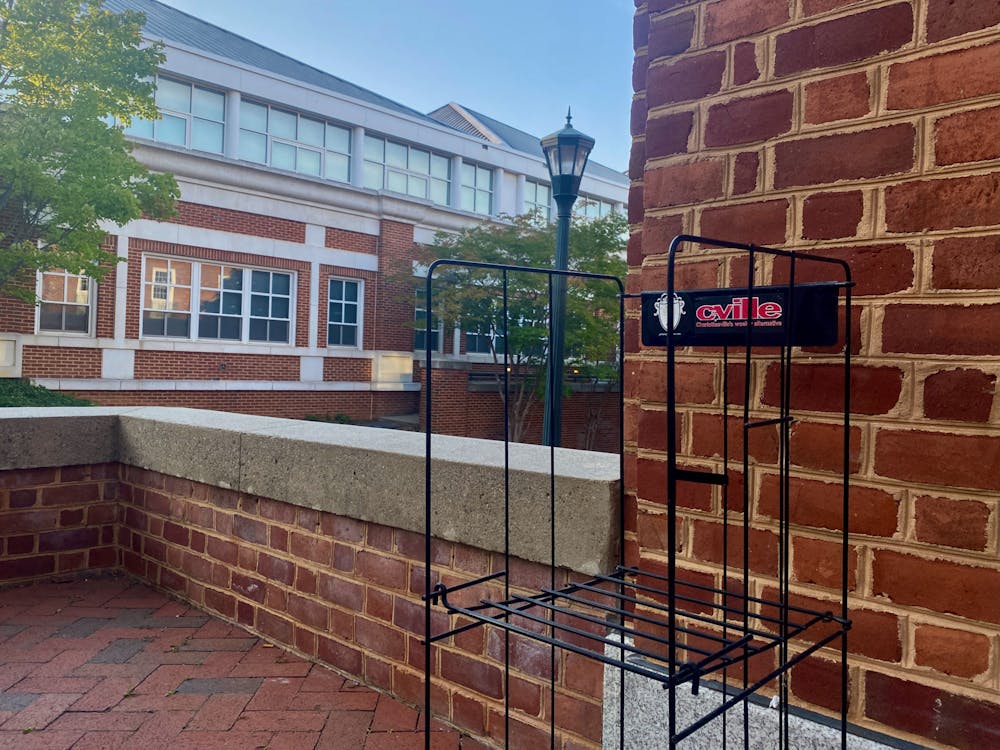On average, two local journalism outlets closed in each week of 2022, leaving more than 20 percent of American citizens without a local newspaper. In recent years, local journalism has been increasingly threatened by people in positions of power who suppress unfavorable coverage and push local outlets to close their doors — elected officials revoke funding for public notices and file expensive and largely unjustified defamation suits against news outlets. Of course, there are many other concerning reasons that newsrooms are closing, including fundraising issues and pressure from large corporations. But at the end of the day, it is the actions of powerful citizens that uniquely constitute a sort of indirect and legal censorship of news media against which we must remain vigilant.
Public notices provide important public information for citizens, including upcoming election dates, government spending and town meetings. As such, they are essential to a functioning democracy and are often required by law. Contracts for publishing such notices are frequently given to local journalism outlets, a logical choice given their proximity to local constituencies. In the past few years, however, some officials nationwide have begun to revoke these contracts in what appears to be retribution for unfavorable coverage. Predictably, these changes threaten the revenue sources of local newspapers and throw their entire existence into jeopardy.
As if selectively revoking these contracts did not sufficiently endanger local news outlets, some states are going farther and reversing the very laws which require public notices. In Florida, the law no longer requires that public notices be published by independent sources. Rather, public notices will be entirely published on government websites.
While done under the guise of accessibility, this brings into question the reliability of these notices and undermines the ethos of government transparency. When local and state governments revoke these contracts and reverse relevant laws, they are, in effect, silencing local outlets and diminishing basic transparency. We must call this what it is — censorship.
In addition to these rather backhanded censorship maneuvers, powerful individuals, many of them elected, are increasingly suing local news outlets for defamation in ridiculously expensive and unfounded suits. For example, in 2021, now Wisconsin state senator Cory Tomczyk filed a defamation suit against the Wausau Pilot & Review for an article alleging that Tomczyk had used a homophobic slur to describe a teenage boy during a county board meeting. The suit was thrown out by a judge in April, but Tomczyk has appealed this ruling, elongating the legal process for a local newspaper which will be hard-pressed to find additional money to fund the suit.
Like countless other instances, the controversy in Wisconsin with the Wausau Pilot & Review perfectly encapsulates that it is relatively easy for powerful officials with either economic or political capital to bring defamation suits, which are notoriously difficult to prove, against news media that they find unfavorable. Such suits, irrespective of their success, can shut down news outlets with little cost to the officials.
This is not an issue that is entirely displaced from Charlottesville. Public notices, for example, are published in The Daily Progress, but are digitized by the City of Charlottesville. While Charlottesville is not uniquely susceptible to the pressures that threaten local news nationally, we are also not exempt from them. People with power and influence have proven themselves to be a threat to Charlottesville’s journalists — the polarization and disrespect for news media that has initiated revocations of public notices across the nation is undeniably present here in the City.
In June of 2022, the digital records of The Hook, a local newspaper that was subsumed by Charlottesville Weekly in 2011, disappeared from the internet, in what the former editors believe to be a malicious and intentional act. In 2011, The Hook made an enemy of a former University student when it covered a rape case that an Associate dean had dismissed due to a lack of convincing evidence. A few years ago, C-Ville Today sold the paper to an undisclosed buyer, who still owned the records when they disappeared in 2022.
The former editors believe that this rape controversy, and the people embroiled within it, are responsible for this act of indirect censorship. While the evidence is circumstantial, it is certainly concerning that entire media records can be erased by the rich in our very backyard. To counteract these concerning trends, residents must condemn those who seek to silence the media and implore the city to continue its sponsorship of local journalism through things like public notices.
The first amendment protects against direct censorship, guaranteeing freedom of the press. However, not all censorship is obvious — some is indirect and outwardly legal. This censorship empowers the already powerful, those with monetary and political capital, to further dictate public discourses and impede accountability. If this is allowed to continue, we can expect an increasing number of news deserts across the United States, a trend which promises increased polarization and misinformation, decreased voter participation and more frequent corruption in businesses and government. This does not have to be our reality — by fighting to protect local newsrooms, we can safeguard the individuals who safeguard our democracy.
Naima Sawaya is a Senior Associate opinion editor who writes about Academics for The Cavalier Daily. She can be reached at opinion@cavalierdaily.com.







